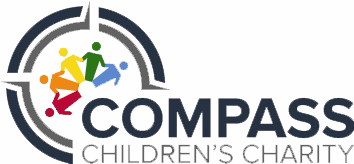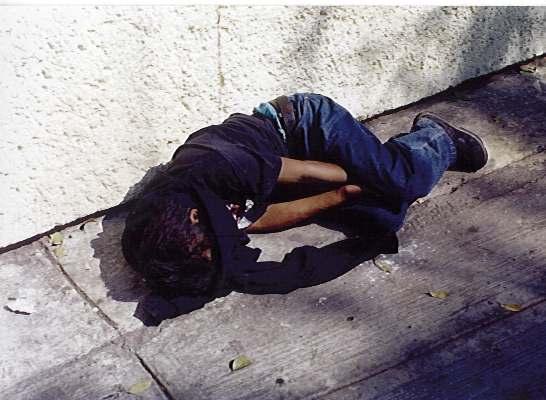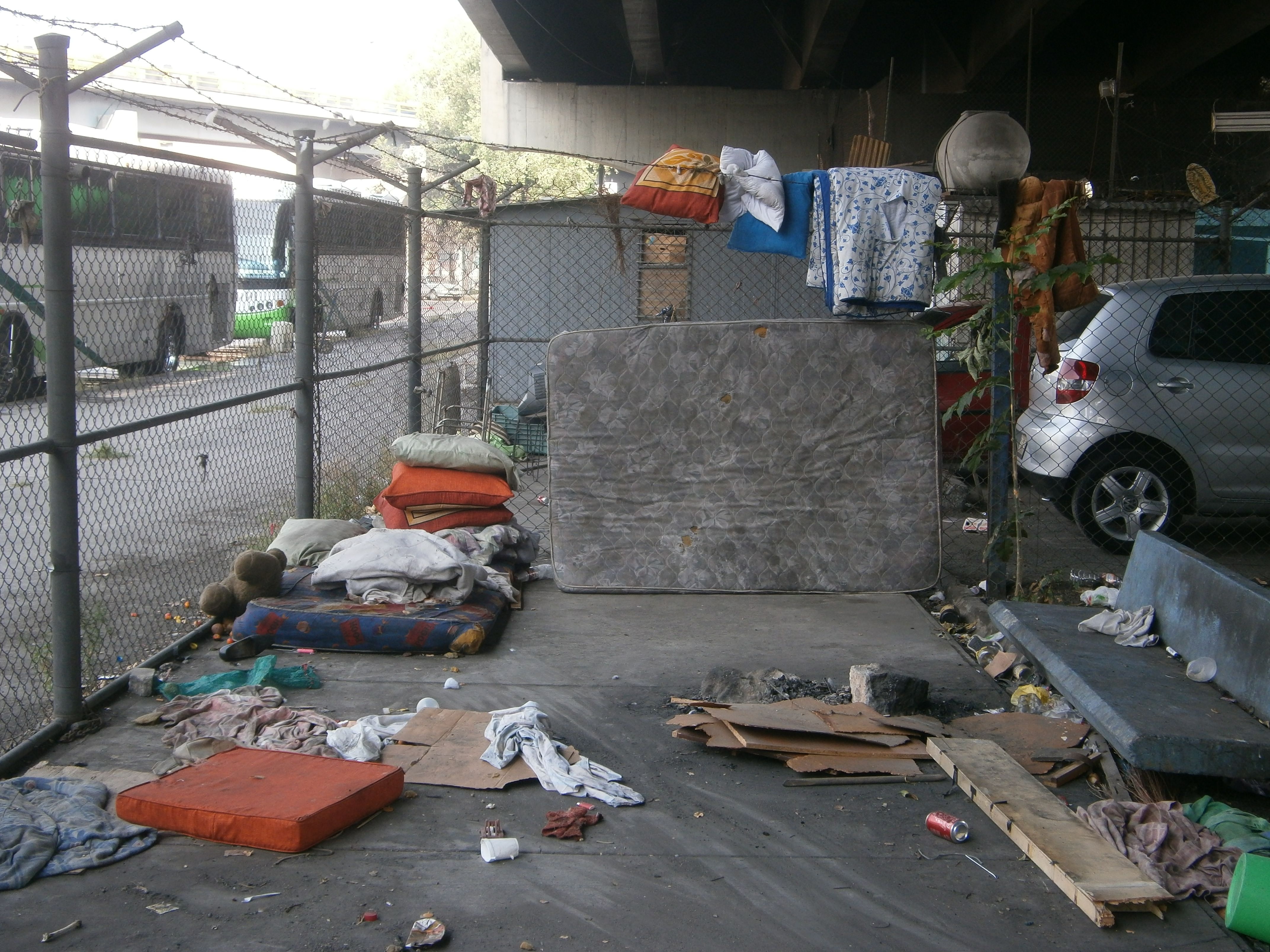STREET CHILDREN WORLDWIDE
According to UN sources there are up to 150 million street children in the world today – who, for one reason or another, spend most of their lives on the streets.
Some live there with their families in temporary or insecure environments, others spend their days begging, hawking or selling to make money and go back to family homes at night, while for some the street is their only home where they spend day and night.
Why are there street children?
There are many reasons why a child might end up on the streets.
In some countries war and conflict cause children to become separated from their families or left alone following the death of family members. Illness or disability are other common factors, while in some areas the HIV/AIDS pandemic has left many children orphaned or stigmatised. For many children, violence or abuse at home has led them to find sanctuary elsewhere, or they have been driven from their homes by poverty.
No matter what their individual circumstance, street children are extremely vulnerable and refused many of their basic rights. On the streets, children face stigmatisation and discrimination and are at increased risk of exploitation and abuse. Denied access to education, basic health services and social protection, with no chance to go to school or learn skills needed for their futures, they are confined to a life of even deeper poverty and deprivation.
STREET CHILDREN IN LATIN AMERICA
In Latin America, street children face a unique set of problems.
Following six decades of rapid and largely unplanned urban development, 80% of the population now live in towns or cities – 111 million of them in informal and unregulated settlements often referred to as slums.
Inequality and violence are just some of the problems that this kind of rapid urbanisation brings. Central and Latin American cities rank among the most dangerous in the world. Extremely high incidences of crime, endemic drug trafficking and the rise of gang culture mean that for children living and working on the streets, every day is a game of life and death.
Because of the high levels of gang crime, children and teenagers are often unfairly labelled as delinquents and criminals. They can be frequently targeted and victimised by the police and, with little access or support through the justice system, can find themselves arrested, incarcerated or violently abused as a result.
Violence against women and girls is extremely high in Latin America, and for girls life on the streets is especially dangerous. Many are forced to engage in commercial sex work to survive, risking their health and frequently facing violence including physical and sexual assault from other street children, the public, police or clients. They’re at increased risk of falling pregnant or contracting sexually transmitted illnesses such as HIV/AIDS, and with little access to healthcare, many give birth and struggle to raise their babies alone on the streets.
In Latin America there are thousands of children facing these extreme risks every day, struggling to survive in some of the world’s most dangerous cities.
You could you donate now to make a difference ?
ABUSE
Children living on the streets face abuse from all sides – at home, from the police, from pimps and drug dealers, from passers-by.
Many children turn to solvents and other risky behaviours, convinced their lives are worthless and there is little point in hoping for a better alternative. By the time our street outreach teams find them, they have often suffered years of physical and/or sexual abuse, and self-harm.
Recovering from this type of trauma takes specialist care, which is provided by Casa Alianza counsellors, psychologists and psychiatrists in our residential shelters.
In Guatemala City, for example, La Alianza works with girls who have suffered the most horrific forms of sexual violence – survivors of trafficking and gang rape – and painstakingly help them take steps to rebuild their lives.
Providing this level of medical care costs a lot of money, but is absolutely essential to the long-term healing process of the children we serve. By donating to Compass Children’s Charity today, you can make a huge difference to this ongoing effort.
Please share this with your friends
The lives of many children in throughout the world are shattered and ruined by violence on a daily basis. The scale of the problem is staggering, and at times overwhelming.
Most of the children Casa Alianza encounters have fled situations of unspeakable abuse at home – victims of their own lives, even before pimps, drug dealers and criminal gangs reach them on the streets to beat, sexually abuse, even murder them.
Such violence compromises child development and leads to a self-perpetuating cycle of self-harm, aggression mental health issues, suicidal thoughts, from which it is very hard to escape.
Indeed, young people living in the residential shelters have many hurdles to overcome before they can settle into their new way of living. One of the hardest for many is adjusting to a life free from all forms of violence.
Our Casa Alianza programme partners have safe houses that provide an environment of calm, consensus and collaboration where a team of counsellors, psychologists and psychiatrists work closely with the children to address these issues, empower them with coping strategies and tools to help rebuild their lives and help them accept that violence isn’t normal.
Compass Children’s Charity works with all of our programme partners to prevent all forms of abuse against children and teenagers in society by working to influence public policy and legislation that benefit children worldwide
IMPUNITY
 How do you even begin to combat an entire culture of impunity?
How do you even begin to combat an entire culture of impunity?
This is the question Compass Children’s Charity together with its programme partners has been confronting for many years as we fight to defend the rights of street children and seek justice for the crimes committed against them.
The countries where we have worked historically – Mexico, Guatemala, Honduras and Nicaragua – do have laws against trafficking, exploitation and of course, the murder of children. Yet children go on being abused and killed, week in, week out, with precious few adults even being held to account.
POVERTY
Children bear the brunt of poverty throughout the world ….
Extreme poverty is what catapults many children onto life on the streets.
Poverty creates exploitative environments. It means that children are denied the chance to go to school, as parents oblige their young sons and daughters to go out to work to boost the household income. You don’t have to journey very far into Latin America’s cities to see child labour in full and flagrant swing. Stop your car at the traffic lights and children will appear from nowhere, clamouring to wash your windscreen or sell you some sweets.
Take a wander around public parks, the fringes of street markets or underpasses and you will see young children stuck in sex slavery, dolefully touting their bodies to passers-by.
How have these children ended up in such desperate situations?
Many of the children Compass Children’s Charity helps support have fled the extreme poverty they experienced at home, in the hope that fending for themselves on the streets will prove a better economic alternative. They are always proven wrong.
How you can help us change things
Eradicating urban poverty in the world is a task that will take the commitment of national and local governments, and our programme partners on the ground are constantly pushing for planning policies and resource allocation that put children’s rights centre stage.
By making a donation to Compass Children’s Charity, you will be contributing to a network and charity that nurtures each child’s talents and provides the opportunities for them to flourish, away from the violent reality of the streets.
Addiction
Most children who find themselves living on the streets of Latin American cities will sooner or later become addicted to drink or drugs.
Homeless, hungry, and often physically and sexually abused, young boys and girls turn to whatever substance can help alleviate the pain. The most common drugs are glue and crack (cocaine), with jars of glue particularly prevalent and easy to get hold of.
One little jar, its contents inhaled frequently, will typically last a child a day. You can see the effects of glue immediately – children appear zoned out, lethargic, and after a few hours they will slump over on the street, incapable of telling you their name or age. This neurotoxic substance helps to take alleviate cold, hunger and pain, but it is also highly addictive and causes hallucinations as well as brain damage.
Casa Alianza’s residential programmes are there to help children who actively want to leave the streets, and children who enter voluntarily understand that they cannot bring drugs into the centre. The staff goes all out to rehabilitate children, help them beat their addiction and transition to a healthy and sustainable way of living.
 STREET CHILDREN – THE HIDDEN FACE OF HIV/AIDS
STREET CHILDREN – THE HIDDEN FACE OF HIV/AIDS
For a street child, the chances of being infected with HIV/AIDS are particularly high.
The reality is that a lot of children living on the streets are sexually active from an early age, perhaps as young as nine or ten. Many will be sexually abused and exploited – forced into prostitution or resorting to selling their bodies as the only means of survival.
Many other children fall victim to HIV/AIDS via drugs, which they use in an attempt to block out the bleak existence of life on the streets. At risk, but routinely ignored
Despite the fact that street children are especially vulnerable to becoming infected with the HIV virus, most national governments cannot honestly claim to have made even the most basic provision for them in local, regional or national care programmes.
If you were an HIV-infected child living on the streets in Latin America, you would find yourself being denied access to essential healthcare, excluded from research studies on HIV/AIDS and missing out on what limited funding is available.
Specialist healthcare for children with HIV
After several young children who were living at Casa Alianza Mexico died from AIDS in Mexico City, in 2001 they launched their first dedicated programme for street children with HIV/AIDS.
Known as LUNA, what started off as an outreach programme soon grew into a comprehensive care model, including:
- educating street children about sexual health
- counselling services and treatment for affected children
- care for street children with full-blown AIDS.
The staff at Casa Alianza receive regular training on how to educate children about these issues. And they don’t just help the children living in the residential centres – they also offer the same services to residents of other organisations who work with street children who don’t have access to preventative, educational, medical, and therapeutic services.
Since 2001, direct assistance has been provided to hundreds of HIV-infected children in the residential programmes as well as thousands of children on the streets. Also provided is confidential counselling via our free HIV/AIDS helpline.
Help us reach more HIV-positive street children
We sorely want to provide this level of support to children not just in Mexico, but in all of the countries which we support. That’s why we need your help.
Donate today – your money will help give street children improved access to HIV/AIDS preventative education and specialist treatment
We need your help.
The more voices that join us in pressuring the authorities to act to end a culture that condones the most unspeakable crimes against children, the more chance we have of changing things.
Please take the first step today and sign up for our newsletter, or email us on contact@compasschildrenscharity.org.uk for practical ways to speak up for all the vulnerable and street children in the World.
Your support would mean the world to Latin America’s street children



